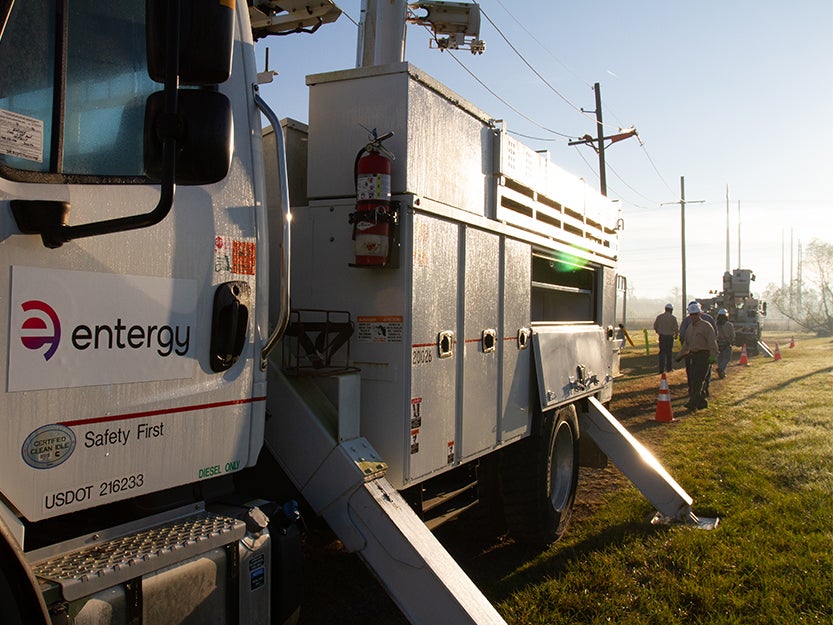Keystone XL to be sent to full Senate for vote
Published 9:26 am Friday, January 9, 2015
The Republican-led Senate Energy and Natural Resources Committee on Thursday voted 13-9 to send legislation to approve the Keystone XL pipeline to the full Senate for a vote next week.
The bill, co-sponsored by Sens. John Hoeven, R-N.D., and Joe Manchin, D-W.Va., is identical to a bill that failed by one vote to pass the Senate in November.
Pipeline opponents on the committee said the project offers little to no benefit for Americans and represents an energy policy from the past.
“This bill has a lot of risks and very few rewards for Americans,” said Sen. Debbie Stabenow, D-Mich. “We’re not going to get that oil. There’s no requirement in (the legislation) that says we’re going to get that oil. Not a good deal.”
Stabenow said many economists believe the project will cause gas prices to rise. She said Calgary-based TransCanada Corp. will send oil from Canada through the United States to “a tax-free zone in the Gulf,” where it will be shipped to China for profit.
But Hoeven said gas prices are low because of U.S. oil production. He said the U.S. should produce its own energy at home and with Canada so Americans won’t have to buy it “from places like OPEC.”
“To think that gas prices are lower because OPEC gave us a Christmas present, well that’s just wrong,” he said. “That’s not the case. We’re producing it here. But we can’t continue to produce it here if we don’t have the infrastructure.”
TransCanada submitted its initial project application in September 2008, and Hoeven said the process has gone on too long. But ranking committee member Sen. Maria Cantwell, D-Wash., said much of the project’s delay can be blamed on TransCanada’s initial proposal to run Keystone XL through Nebraska’s Ogallala Aquifer, which supplies drinking water to eight states and provides 30 percent of the nation’s groundwater use for irrigation.
TransCanada scrapped the route, and its new proposal is before the Nebraska Supreme Court. Cantwell said the new route is being challenged because the Nebraska Legislature gave Gov. Dave Heineman the authority to site the pipeline over the state’s public interest regulatory commission.
“That is the state agency that is dedicated to protecting the public interest — not special interest, the public interest — on issues of safety, environment and public domain,” Cantwell said.
The U.S. State Department in January 2014 concluded that the project was unlikely to alter global greenhouse gas emissions.
Manchin said Senate lawmakers have been delaying “the inevitable.” He said the U.S. purchases 7 billion barrels of crude a day, including 1.3 million barrels from Saudi Arabia and 755,000 barrels of heavy crude from Venezuela.
The 36-inch, 1,179-mile Keystone XL pipeline would carry up to 830,000 barrels of oil a day from the tar sands in Alberta, Canada, south through the Midwest to refineries in Houston and Port Arthur, Texas.
The committee’s vote comes just days after President Obama vowed to veto the pipeline bill.
The bill will require 60 votes to pass the Senate without the fear of a filibuster from opponents. If the president vetoes the bill, it would take a two-thirds majority in both houses of Congress — 67 in the Senate and 287 in the House — to override the veto and pass the legislation.
Senate lawmakers are expected to take up the bill next week. The U.S. House of Representatives is expected to vote on its own Keystone XL legislation today.
(MGNonline)





